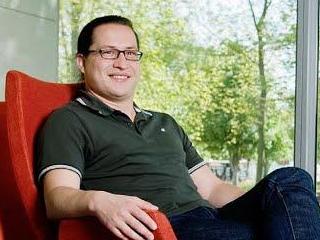We need a school of public health to tackle the new frontier in medicine: inequality
| Date: | 13 June 2017 |

Poorer people have worse health outcomes than richer people. This is true not just in the Netherlands, but internationally. We see the inequality both between countries, and within them. Even when people have the same health care system, poorer people still end up worse off.
This tells us that better health outcomes will not be brought about by medical innovation alone. To improve healthcare, we must include socio-economic research. We need to understand the mechanisms that cause inequality, and establish how to change them.
That is why together with the University Medical Center Groningen we are currently developing one institute that would bring together all research on public healthcare at the University of Groningen under one umbrella: the Aletta Jacobs School of Public Health.
This school of public health would be the first of its kind in the Netherlands. It would be focused on answering the non-clinical puzzles of healthcare. Our ambition is to make it a platform that will bring together public and private stakeholders to answer public health questions that require a cross-disciplinary response. The school, which is currently in an exploratory phase, will be named after the pioneering Dutch physician Aletta Jacobs.
One key research question it would tackle is why inequality in health outcomes exists. We see inequality even when people are genetically the same, attending the same institutions, and even where those lower down in the socio-economic scale have relatively high incomes.
Some differences will be down to the choices that people make. But some factors may not be voluntary. For example, relatively poorer people may live in unhealthier environments. They might have less healthy food available, and less knowledge about nutrition. We need to identify the differences, understand why they exist, and determine whether there are interventions that could reduce them. While this is a medical problem, the solution may not be medicinal.
Currently in the Faculty of Economics and Business, we are trying to better understand the relationship between socio-economic status and health outcomes. We look at the various stages of the life cycle that this happens. Is the difference genetic? What were the conditions at birth?
This kind of research requires bringing different faculties together. We are all trying to solve essentially the same questions. The trick is to combine our knowledge.
For more about Jochen Mierau's research, see his profile page.

